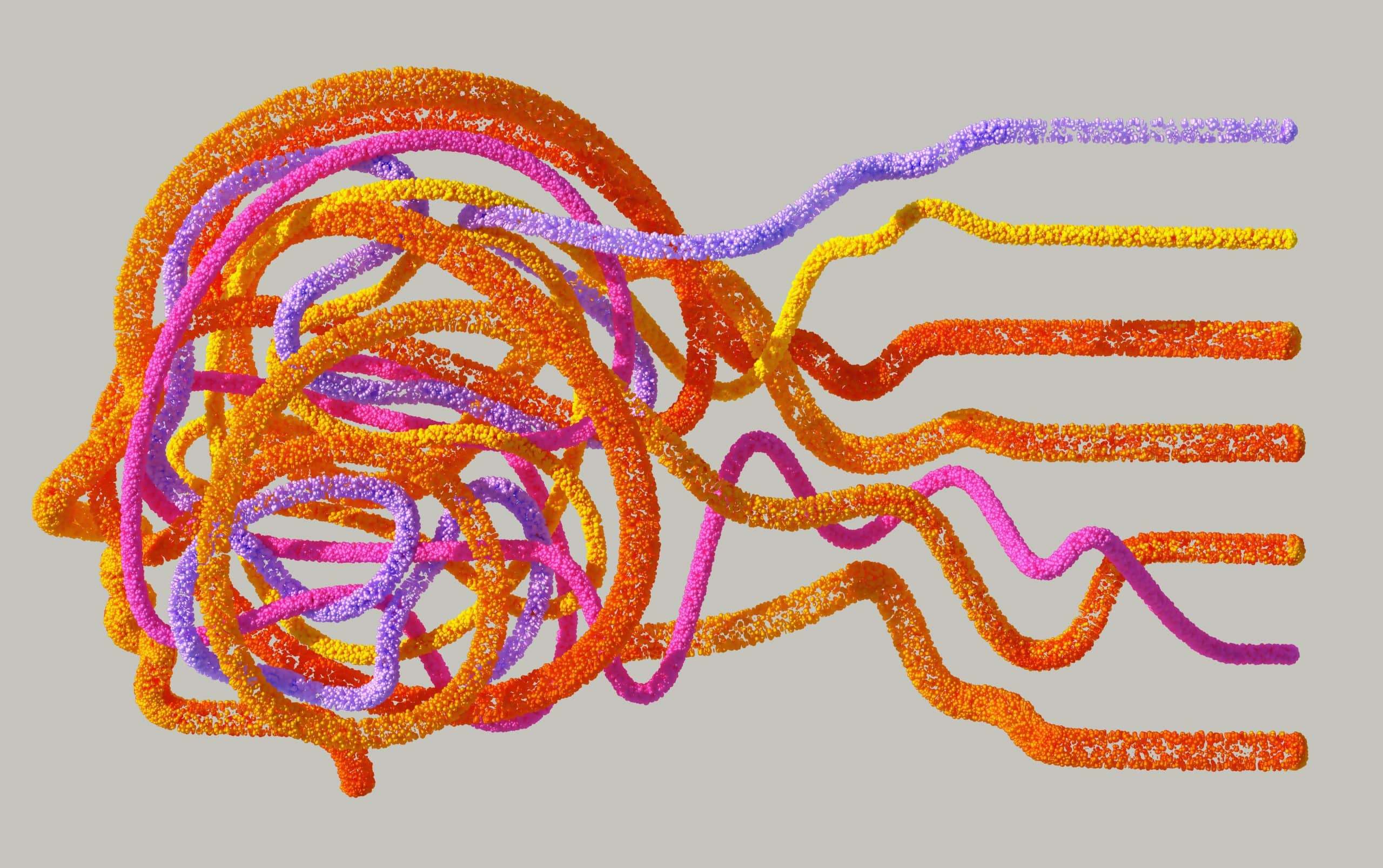The number of people using marijuana while pregnant has more than doubled over the past 20 years. Although many who use the substance report that it helps ease pain and morning sickness, reduce nausea and depression, and make it easier for them to sleep, a new study published this week suggests that using cannabis during pregnancy can also increase the risk of adverse outcomes for mothers and babies.
Analyzing the medical records of over 316,000 pregnant people, a team of researchers from various California institutions found that pregnant people who used the substance faced greater risks of developing health problems and life-threatening complications. The researchers concluded that marijuana use during pregnancy is not as safe as it’s often claimed to be and that pregnant people should consult with their clinicians in order to make informed decisions about using it.
When And How Often Did The Study’s Subjects Use Marijuana?
In their paper published in the journal JAMA Internal Medicine, the researchers describe analyzing the health data of over 316,000 people in Northern California who had pregnancies between January 2011 and December 2019. These pregnant people entered prenatal care at Kaiser Permanente North California (KPNC), an integrated healthcare system that provides healthcare to over 4.6 million patients, when they were at approximately 8 to 10 weeks gestation.
After gaining the patients’ consent to participate in the study, the researchers gave them a self-administered questionnaire asking whether they used marijuana during prenatal care. They then conducted a urine analysis on each. This test could detect any marijuana use during the previous 30 days. They also obtained permission from KPNC to use electronic health record data to determine the presence or absence of certain adverse medical outcomes in these patients.
Over 20,000 or 6.3% of the people included in the study tested positive for cannabis use during their pregnancies; 2.9% self-reported that they used the substance, 5.3% were found to have traces of the substance in their urine, and 1.8% tested positive via both methods. 1,930 reported using the substance daily, 2,345 used it weekly, 4,892 used it monthly, and 10,886 tested positive for use but did not indicate how often they used it.
The Risks Of Using Marijuana While Pregnant
https://gty.im/1993693332
After reviewing the participants’ medical records, the researchers found that pregnant individuals who used marijuana faced greater risks of developing gestational hypertension (by 17%), preeclampsia (by 8%), placental abruption (by 19%), and too much (by 9%) or too little (by 5%) weight gain compared to those who didn’t use it. More frequent use increased the risk of experiencing these complications. Interestingly, though, people who used the substance were less at risk of developing gestational diabetes.
Occurring when a mother’s blood pressure rises above 140/90 after the first 20 weeks of pregnancy, gestational hypertension can reduce the flow of blood to the uterus, placenta, brain, liver, and kidneys. If hypertension evolves into pre-eclampsia, blood levels increase in the liver enzymes, blood platelet levels increase, fluid builds up in the lungs, and more protein appears in urine. Pre-eclampsia can lead to blood clots, seizures, strokes, and temporary kidney and liver failure.
Scientists believe that cannabinoids like THC may bind to receptors in the placenta. By doing so, these chemicals disrupt estrogen signaling and impact the development and function of the placenta. Severe disruption can result in placental abruption, where the placenta suddenly detaches from the side of the uterus. This is the leading cause of death in expectant mothers and their babies.
What Do The Results Mean For Pregnant People Who Use Marijuana?
The researchers noted some caveats in the study. First, they couldn’t determine whether pregnant people who used marijuana continued doing so after the first trimester. Second, the self-administered questionnaire didn’t specify whether users smoked or ate edibles, and the urine test could only identify THC and not any other cannabinoids. Finally, the study’s participants weren’t necessarily representative of all populations in the United States: they tended to be older, have higher incomes, and mostly have private health insurance. They also lived in a state where medical marijuana has been legal since 1996 and recreational since 2018.
Still, the study’s results show that marijuana use during pregnancy can lead to serious medical consequences even if the substance can provide short-term pain relief. Furthermore, more frequent use of the substance increases the risk of contracting gestational hypertension, pre-eclampsia, and placental abruption. Despite what pregnant individuals might hear from cannabis retailers, social media, and their peers, marijuana use is not as safe as they might think.
Considering the risks its use poses and the misinformation about it being safe during pregnancy, the researchers encourage pregnant people to discuss cannabis use and its symptoms with their doctors and use interventions recommended by clinical practice guidelines. They also encourage pregnant people who do use it to cut back on it if they’re unwilling to stop using it entirely. Finally, they recommend that doctors provide coordinated, non-stigmatizing education and care for pregnant patients so they can make informed decisions about using marijuana.
Final Thoughts
Medical marijuana certainly has upsides and downsides. A significant number of pregnant people use it to help reduce their pain and discomfort, but doing so could also increase their risk of serious complications that could threaten their and their babies’ health and lives. Based on this new research, its use during pregnancy is less safe than it’s usually claimed to be.
For this reason, pregnant people should be informed about the potential complications of marijuana use. Their clinicians should be open to discussing marijuana use with them and determine alternative treatment methods to help ease pain and discomfort. All parties being informed about the potential impacts is very important to ensure the care and well-being of pregnant people and their babies.
Disclaimer: This article is intended simply to provide information. It does not replace the medical advice of a physician. Please speak with your doctor if you have any questions or concerns.
For More Great Content
Total Apex is an all-encompassing content producer. We provide heavily detailed articles every day on entertainment, gaming, sports, and so much more! Check out all our great entertainment content at Total Apex Entertainment. Check us out on X @TotalApexSports and our other sites: Total Apex Sports, Total Apex Sports Bets, and Total Apex Fantasy Sports.









